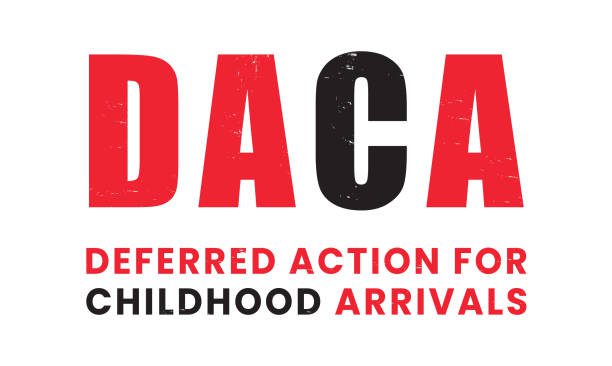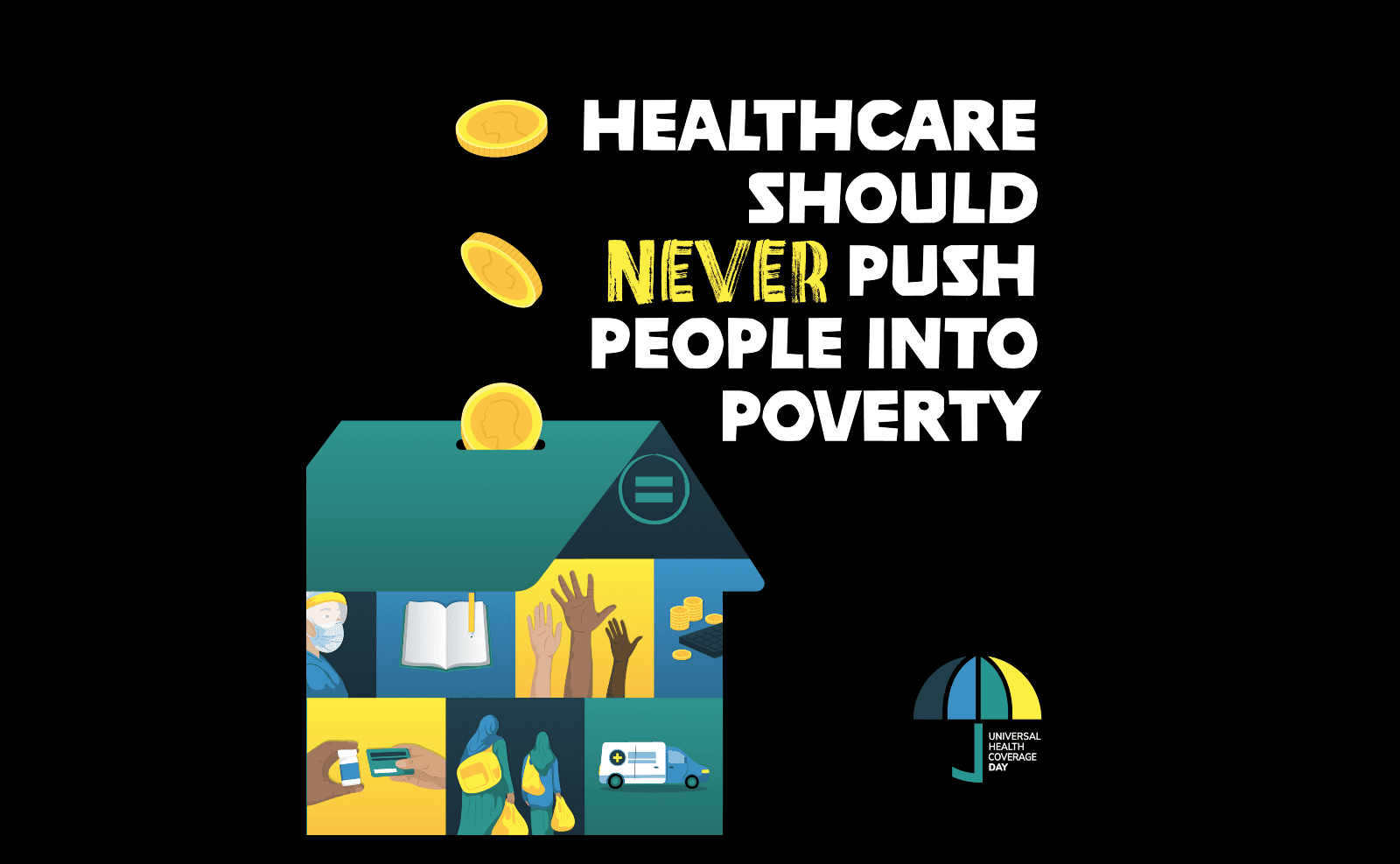HHS Final Rule Expands Marketplace and Basic Health Program Coverage for DACA Recipients by Correcting Unjust Exclusion
After twelve years of arbitrarily excluding recipients of Deferred Action for Childhood Arrivals (DACA) from affordable health coverage, HHS recently finalized a rule to correct this unjust exclusion.
Since 2012, DACA recipients have been treated unequally under the law, barred from accessing CMS insurance affordability programs unlike other recipients of deferred action. To be eligible for health coverage under the Affordable Care Act (ACA), an individual must be a United States citizen or national or be “lawfully present” in the United States. When the DACA program was initially established, existing HHS policies would have classified DACA recipients as “lawfully present” and eligible to enroll in multiple insurance affordability programs, such as Qualified Health Plans (QHPs) through the Health Insurance Marketplace, Basic Health Programs (BHPs), and Medicaid or Children’s Health Insurance Program (CHIP) coverage in states that have elected to cover “lawfully residing” pregnant people and children (i.e., CHIPRA 214 option).
However, not long after the DACA program began, HHS issued regulations and guidance that carved out DACA recipients from the definition of “lawfully present,” an unnecessary and arbitrary change that lacked sufficient legal or policy justification. In fact, this exclusion of DACA recipients undermined the primary goals of both the ACA and DACA program: to expand access to affordable health coverage to the uninsured, and to integrate childhood arrivals into the fabric of their communities by providing them with stability and assurance.
For over a decade, this unjust exclusion has denied DACA recipients access to affordable health coverage, negatively affecting their health outcomes and financial well-being, increasing overall health care system costs, and exacerbating health inequities. According to a 2022 survey, 27% of DACA recipients were uninsured, making them nearly three times as likely to be uninsured than the general population in the United States. Research repeatedly demonstrates that uninsured individuals are less likely to access necessary health care services and more likely to be admitted to hospitals through the emergency department for more costly care after their health has worsened from delaying care.
Uninsured DACA recipients also face unique barriers to accessing health care services, particularly preventive health services, sexual and reproductive health services, and mental health services. These challenges include immense fears that using health care services could negatively impact their immigration status and anxieties over the high cost of care. In fact, 71% of DACA recipients report being unable to pay medical bills or expenses, facing increased risk of medical debt and significant financial consequences downstream.
The new final rule ends the unjust exclusion of DACA recipients from the ACA’s definition of “lawfully present,” making them eligible, effective November 1, 2024, to enroll in QHPs through the Marketplace, with financial assistance such as advance payments of the premium tax credit (APTC) and cost-sharing reductions (CSRs), or BHPs. This timing is aligned with the 2025 Marketplace Open Enrollment Period, and those who apply for coverage in November 2024 can have their Marketplace coverage begin as early as December 1, 2024.
Those who enroll in BHPs could have their coverage become effective as early as November 1, 2024. Because of the ACA’s essential health benefits (EHB) requirement, these affordable health coverage options will particularly benefit DACA recipients by providing coverage for preventive health services, sexual and reproductive health care services, and mental health services.
The rule also makes technical changes to promote access to health coverage for noncitizens caught in unnecessarily complex eligibility verification processes for insurance affordability programs. Impacted noncitizens include individuals granted Special Immigrant Juvenile status, children under the age of 14 applying for asylum or humanitarian relief, and individuals with pending applications for adjustment of status.
These technical modifications will not only eliminate delays in health coverage eligibility, but also streamline eligibility verification processes, increase administrative and operational efficiencies, and promote clarity for noncitizen consumers, outreach and enrollment assisters, and eligibility and enrollment workers. Altogether, this rule could lead to 100,000 previously uninsured DACA recipients and other impacted noncitizens gaining access to affordable health coverage.
However, the rule does not finalize the proposed definition of “lawfully present” that includes DACA recipients and other impacted noncitizens for Medicaid and CHIP coverage. Given increased workload and competing demands associated with the unwinding, implementation of new statutory requirements, and eligibility systems modernization, HHS will continue to evaluate the potential impact of the proposed definition on state Medicaid and CHIP agencies before addressing this issue in future rulemaking. In the meantime, HHS believes that individuals who would have been eligible for Medicaid and CHIP coverage under the proposed definition will instead be able to access health coverage by enrolling in Marketplace coverage with financial assistance or BHPs.
Now that the rule is finalized, investments in robust outreach and enrollment will be critical to realizing the rule’s full potential. HHS must develop a robust outreach and enrollment campaign for DACA recipients and impacted noncitizens, including messaging that directly addresses the persistent chilling effects related to public charge. These strategies should leverage partnerships with trusted organizations directly connected to affected immigrant communities to raise awareness about the new opportunity to enroll in affordable health coverage.
Furthermore, HHS should ensure that health coverage navigators, insurance brokers and assisters, and other entities that provide application and enrollment assistance are sufficiently trained on the new rule as soon as possible, in order to be ready to support DACA recipients and impacted noncitizens during open enrollment.
Overall, the expansion of Marketplace and BHP coverage to DACA recipients secures an important win towards advancing equitable access to health care for all, regardless of immigration status. Health care is a human right. Affordable health coverage is critical to ensuring that all people can access the health care services necessary to thrive.






